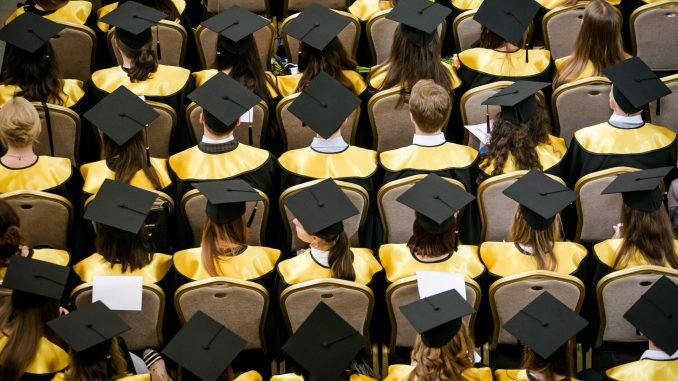
This year’s admission results at Lithuanian colleges and universities are pressing the need of radical reforms in the country’s education system.
As many as 82 study programmes at Lithuania’s 45 higher education institutions did not enrol a single student this year. Experts say that there is a desperate need to cut the number of state-funded schools and optimize the use of resources, but there is little political will to so.
“Weak students, weak lecturers, uncompetitive environment – all this has contributed to the situation where higher education institutions are simply in a slow process of going bankrupt. Does the state benefit from the slow bankruptcy? I don’t think so. It simply attests to the lack of political will and sense,” says Professor Paulius Subačius of Vilnius University.
There are 45 colleges and universities in Lithuania, offering about 1,800 study programmes. Lithuanian President Dalia Grybauskaitė has called this state of affairs “luxury”, noting that in the European Union there are about five universities per million people.
“We are running the risk of becoming an illiterate country with university diploma,” Grybauskaitė has said.
Lithuania passed a reform in 2009, introducing the so-called “student baskets” which indexed part of the funding to the number of students at each school. The idea was to introduce an element of competition and allow students decide which schools and study programmes were worthwhile, while others would have to close.
However, experts say, there are still universities and colleges that manage to survive on the state’s funding for administration and grants from EU funds.
The Ministry of Education and Science says that a new law, passed this year, will cut the share of state funding that is not indexed to the number of students each higher education institution has.
“Starting on January 1 next year, universities will get the money for maintenance and administration depending on student numbers. It will no longer be possible for universities to have two hundred students and 300-400 members of the administration,” Deputy Education Minister Rolandas Zuoza says.

Be the first to comment